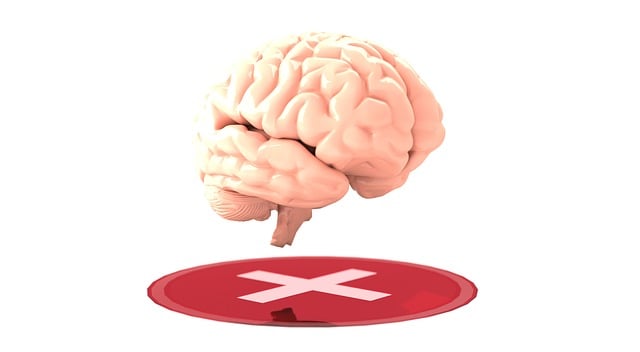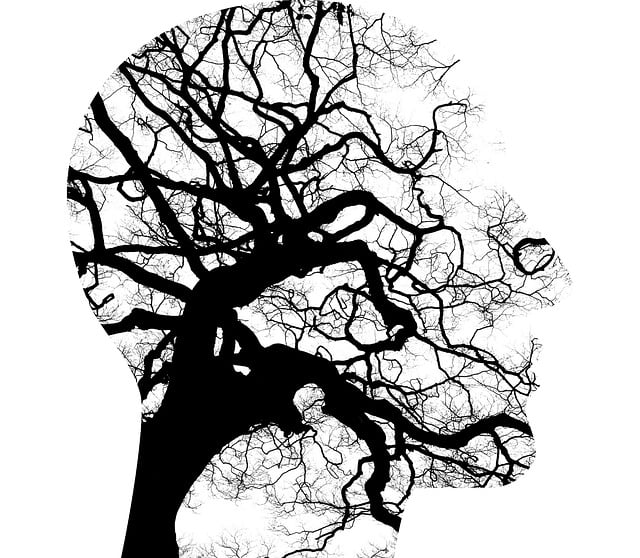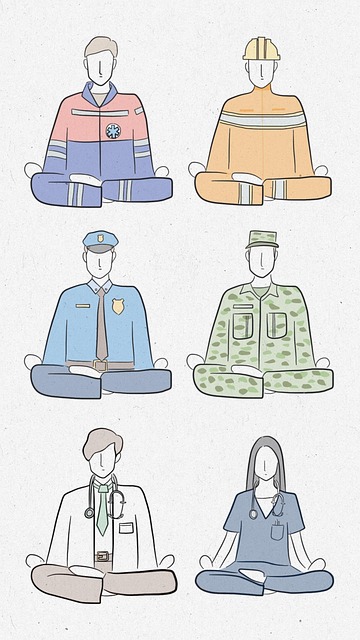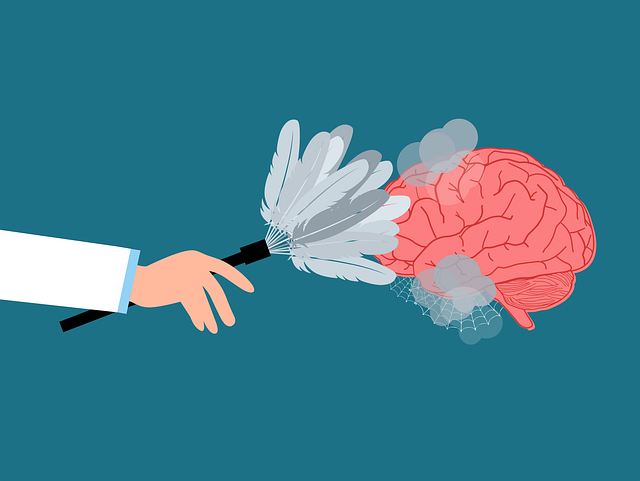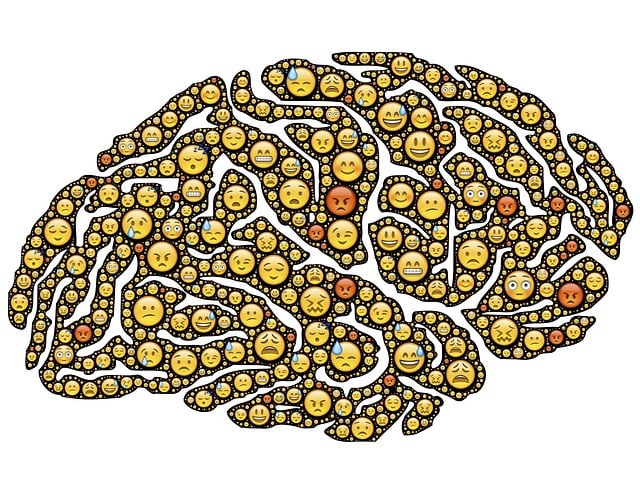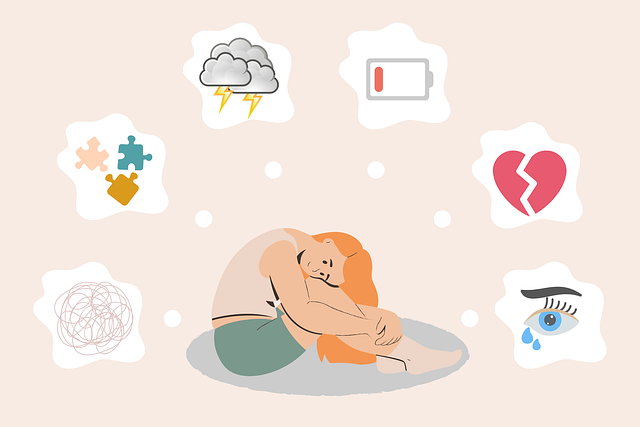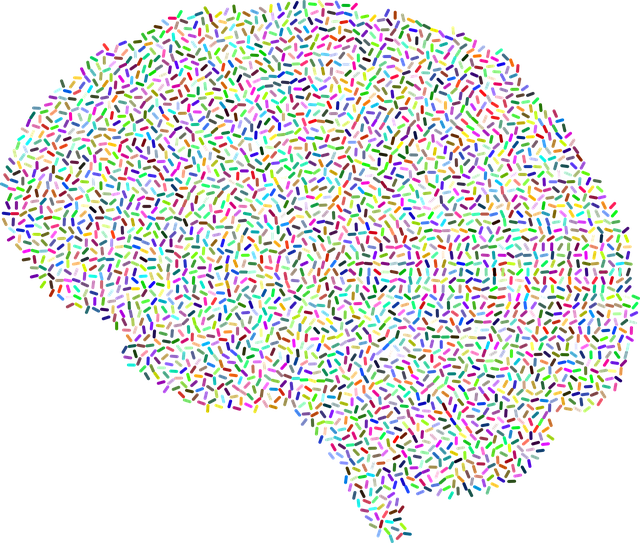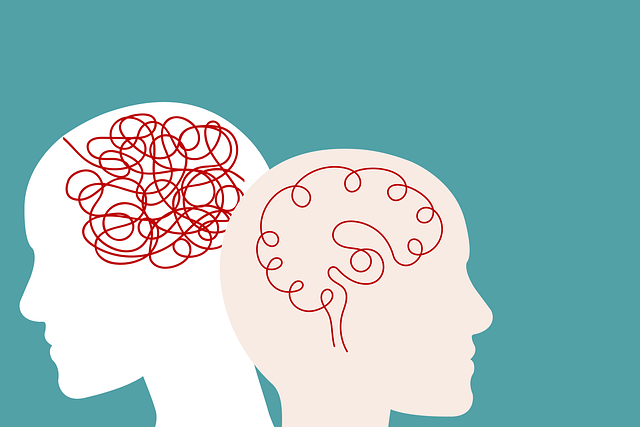Highlands Ranch Geriatrics Therapy leverages Emotional Intelligence (EI) as a powerful tool for enhancing patient care, particularly for seniors. Through specialized training, including Cultural Competency and Coping Skills Development, healthcare providers learn conflict resolution techniques that promote empathy and composure. This approach creates a healing environment, improving relationships between patients, caregivers, and staff. The therapy focuses on evidence-based practices to develop EI, encouraging self-awareness, stress management, and positive thinking through journaling, meditations, and mindfulness exercises. Success is measured by behavioral changes, showing improved emotion perception, cultural sensitivity, self-esteem, and coping skills among clients, ultimately fostering healthier communities.
Emotional intelligence (EQ) is a powerful tool for navigating life’s challenges and fostering meaningful connections. In this comprehensive guide, we explore the transformative potential of EQ through various lenses, including its foundational understanding, geriatric therapy’s role in enhancement, practical daily building strategies, and measurement of successful impact. Discover how Highlands Ranch Geriatrics Therapy leverages these principles to enrich lives.
- Understanding Emotional Intelligence: Unlocking its Potential
- The Role of Geriatric Therapy in Enhancing EQ (Emotional Quotient)
- Practical Strategies for Daily Emotional Intelligence Building
- Measuring Success: Evaluating the Impact of Emotional Intelligence Training
Understanding Emotional Intelligence: Unlocking its Potential

Emotional intelligence (EQ) is a powerful tool that can transform both personal and professional lives, especially for those in the healthcare sector like Highlands Ranch Geriatrics Therapy. Understanding EQ involves recognizing and managing one’s own emotions, as well as understanding and responding appropriately to the emotions of others. This ability isn’t just about empathy; it’s a strategic skill set that enables effective communication, fosters strong relationships, and promotes successful collaboration.
For healthcare providers, cultivating emotional intelligence through training like Cultural Competency Training or Coping Skills Development can significantly enhance patient care. It equips them with Conflict Resolution Techniques to navigate challenging situations with compassion and composure, ensuring every interaction is a testament to their expertise and empathy. This, in turn, creates a more positive and healing environment for both patients and providers alike.
The Role of Geriatric Therapy in Enhancing EQ (Emotional Quotient)

In the realm of emotional intelligence development, geriatric therapy plays a pivotal role in enhancing EQ, especially among the aging population. As individuals age, maintaining and even improving their emotional quotient becomes crucial for overall well-being. Highlands Ranch Geriatrics Therapy offers specialized programs tailored to address emotional challenges unique to older adults. Through evidence-based practices, therapists facilitate the development of inner strength and self-care routines, enabling seniors to navigate life’s transitions with resilience.
This therapeutic approach not only focuses on individual growth but also equips them with conflict resolution techniques, fostering healthier relationships and social interactions. By delving into these aspects, geriatric therapy contributes significantly to the mental health and quality of life for seniors in Highlands Ranch and beyond. It empowers them to embrace their emotional landscapes, promoting a sense of purpose and fulfillment.
Practical Strategies for Daily Emotional Intelligence Building

Building emotional intelligence (EI) is a journey that requires consistent practice and dedication. At Highlands Ranch Geriatrics Therapy, we emphasize the importance of daily EI development for overall mental wellness. One effective strategy is mental wellness journaling, where individuals can reflect on their emotions, thoughts, and experiences. This exercise guidance encourages self-awareness, helping one to recognize and understand their feelings. By documenting both positive and challenging moments, individuals gain valuable insights into their emotional patterns.
Moreover, stress management workshops organized by the therapy center play a pivotal role in enhancing EI. These sessions provide practical tools and techniques for navigating life’s stresses. Through guided meditations, mindfulness exercises, and cognitive-behavioral strategies, participants learn to manage their emotions effectively. Encouraging positive thinking is another key aspect; this involves challenging negative thought patterns and cultivating gratitude practices. Such initiatives contribute to a holistic approach to emotional intelligence building, ultimately fostering healthier relationships and improved quality of life for all involved.
Measuring Success: Evaluating the Impact of Emotional Intelligence Training

Evaluating the success of emotional intelligence (EI) training is a multifaceted process, offering insights into its profound impact on individuals and organizations. High-quality assessments should go beyond mere self-report measures to capture behavioral changes. For instance, at Highlands Ranch Geriatrics Therapy, we’ve witnessed significant improvements in client interactions after implementing EI training programs. Therapists report enhanced ability to perceive and manage emotions, leading to more empathetic and effective care delivery.
Moreover, the integration of cultural sensitivity in mental healthcare practice has become a key focus area post-training. Participants often demonstrate better cultural awareness, improving their interactions with diverse patient populations. Self-esteem improvement and coping skills development are also notable outcomes, as individuals learn to regulate stress and navigate challenging situations more effectively. These evaluations ensure that EI training programs not only meet but exceed expectations, fostering healthier, more resilient communities.
Emotional intelligence, a cornerstone of personal and interpersonal success, can be cultivated through various strategies. As highlighted in this article, understanding emotional intelligence and its potential is the first step. geriatric therapy plays a pivotal role in enhancing EQ, offering tailored approaches to improve emotional awareness and regulation. Practical daily habits, such as mindfulness and active listening, further empower individuals to navigate relationships and challenges effectively. By measuring the impact of emotional intelligence training, including that provided by Highlands Ranch Geriatrics Therapy, we can assess progress and ensure its long-lasting benefits in all aspects of life.

